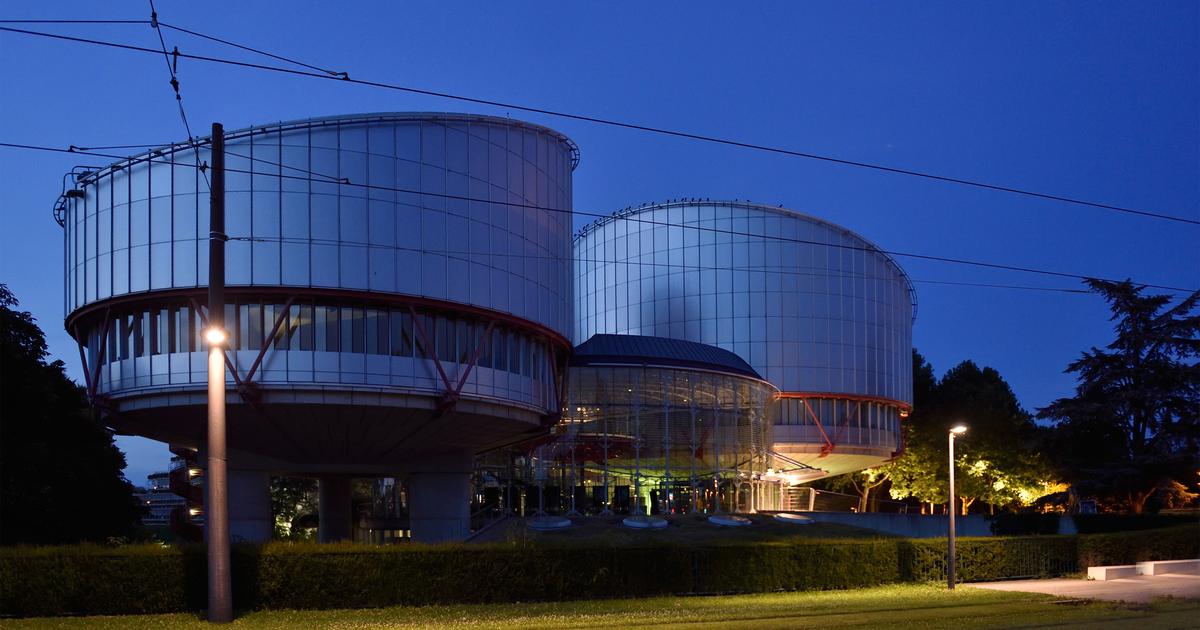- Click to share on Facebook (Opens in a new window)
- Click to share on Twitter (Opens in a new window)
- Click here to share on LinkedIn (Opens in a new window)
- Click to email a friend (Opens in a new window)
(CNN) - Three judges from the highest court of appeal in Scotland say the UK government's decision to close the parliament is illegal, the UK PA news agency reported on Wednesday.
It is not clear whether the ruling means that the suspension of Parliament, also known as an extension, will be revoked.
The member of the Scottish National Party, Joanna Cherry QC, who was among the group of politicians of all the parties that filed the action, tweeted: "The 3 judges in the highest court in Scotland decreed that the extension was illegal!" .
"Thank you very much to all our followers and our fantastic legal team that have achieved the historic ruling that the extension is illegal," he added in a second tweet.
- Boris Johnson suffers a key defeat in his plan on brexit
The Government is "disappointed" by the decision
A spokesman for the Boris Johnson government said the court's decision is disappointing.
“We are disappointed by today's decision, and we will appeal to the United Kingdom Supreme Court. The UK Government needs to present a solid national legislative agenda. Extending Parliament is the legal and necessary way to achieve this. ”
The opposition celebrates the ruling
Keir Starmer, spokesman for the Brexit Labor Party. (Credit: Dan Kitwood / Getty Images)
The decision of Prime Minister Boris Johnson to suspend Parliament, or extend it, has resulted in widespread condemnation among lawmakers in the United Kingdom.
At the end of last month, Queen Elizabeth II accepted Johnson's request to suspend the legislature for five weeks, apparently so that the government could restore the parliamentary calendar and launch a new legislative program.
But the plan to extend Parliament was widely seen as an attempt to limit the time for Johnson's opponents to avoid a brexit without agreement.
The shadow secretary of state for brexit, Keir Starmer, said Wednesday that the court's ruling is "important" and showed that the Labor Party's opposition attempt to avoid parliamentary suspension was correct.
"I need to go back to Parliament to see if we can reopen the doors and make Johnson accountable," Starmer said. "It was obvious to everyone that closing Parliament at this crucial moment was wrong."
"The prime minister was not telling the truth about why he was doing it," Starmer added. "The idea of closing Parliament offended everyone across the country, and then they felt that they were not told the truth."
- Amber Rudd resigns from the UK cabinet and says he can't support Boris Johnson's "political vandalism"
Why did Boris Johnson want to close Parliament?
Prime Minister Boris Johnson announced his intention to extend the Parliament at the end of August, which means that Parliament will not be reopened until October 14.
For most of the five-week period, Parliament would not have been on duty anyway, because it would be suspended for the party conference season, so it would return to functions the second week of October. Therefore, Johnson's extension would only have added a few days while parliamentarians will be absent.
The prime minister said the suspension was necessary to make way for a new speech by the queen, which is the way a new session in Parliament begins. Normally, the queen's speech is held every year, and Parliament is always extended before the monarch reopens it.
Johnson's opponents have said the prime minister is closing Parliament to quell the debate and allow the clock to run out in brexit.
The president of the House of Commons, John Bercow, whose role is traditionally impartial, said it was "blindly obvious" that Johnson was trying to limit the debate on brexit with the measure.
"Closing Parliament would be a crime against the democratic process and the rights of parliamentarians as elected representatives of the people," Bercow said in a statement.
Johnson has repeatedly insisted that he will allow Britain to leave the European Union without an agreement on October 31, but most lawmakers oppose that idea and have been working to block it.
A handful of legal attempts to cancel the extension have failed, allowing it to take place as planned.
Does this mean that Parliament will return to its functions?
The short answer is no, not for now.
Murray Hunt, director of the Bingham Center for the Rule of Law, a nonprofit research institute, said that until the UK Supreme Court makes a decision on the case, Parliament will remain suspended.
The government has already said it will appeal the decision.
Can the prime minister go to prison for challenging Parliament and (or) the courts?
Boris Johnson, Prime Minister of Great Britain. (Credit: Andrew Milligan - WPA Pool / Getty Images)
The question has repeatedly appeared in recent days, especially since Parliament ordered Boris Johnson to seek an extension of Brexit if it fails to reach a new agreement with the European Union before October 31.
The short answer, according to Hunt, is yes, in theory, I could go to prison:
"At the end of the day, any breach of a court order of any person, whoever he is, even if he is the prime minister, may be something that the court enforces through the maximum penalty of threatening to send someone to jail."
It is not clear if Johnson is really planning to challenge Parliament. The prime minister said that "of course" would follow the law.
However, some of his ministers gave more cautious answers.
"Of course, this government will obey the law," said Chancellor Sajid Javid on the BBC on Sunday, but added seconds later that Britain "will leave on October 31" and that Johnson "absolutely not" will ask for an extension in October. .
Weeks before that, another minister, Michael Gove, refused to confirm that the government would comply with any law avoiding a brexit without agreement.
Three keys to the ruling against Boris Johnson
These are the key lines of the summary of the ruling published by the Judicial Office of Scotland.
1. The Session Court ruled that the advice of the Prime Minister to his majesty the Queen that the Parliament of the United Kingdom should be extended from one day between September 9 and 12 until October 14 was illegal because it was intended to hamper Parliament.
Translation: the court believes that Boris Johnson suspended Parliament for its own political benefit, to avoid proper scrutiny by lawmakers. And he says that this is not a legal reason to close Parliament.
2. Three First Division judges have decided that the council of the Prime Minister to his majesty the queen is justiciable, that it was motivated by the inappropriate purpose of impeding Parliament and that, and what has been followed by him, is illegal.
Translation: The court unanimously agreed that it had the power to review the Prime Minister's decision.
3. The President, Lord Carloway, decided that although the advice to his majesty the Queen on the exercise of the royal prerogative to extend the Parliament was not reviewable for the normal reasons of judicial review, it would be illegal if its purpose was to hinder scrutiny executive parliamentarian, who was a central pillar of the principle of good governance enshrined in the constitution; this based on the principles of democracy and the rule of law.
Translation: the court says that although it cannot normally review a political decision, it does so in this particular case because it raises issues of great constitutional importance.
4. The circumstances in which the advice was offered and the content of the documents produced by the defendant showed that this was the real reason for the extension.
Translation: there is sufficient evidence to show that the prime minister hid the real reason for suspending Parliament.
5. This was an atrocious case of a clear breach of the generally accepted standards of behavior of public authorities. It should be deduced that the main reasons for the extension were to prevent or prevent Parliament from holding the executive accountable and legislating with respect to Brexit, and allowing the executive to follow a Brexit policy without agreement without further parliamentary interference.
Translation: The court agrees that Boris Johnson suspended Parliament because it would facilitate him to remove the United Kingdom from the European Union without an agreement.
6. “Consequently, the Court will issue an order stating that the advice of the Prime Minister to her majesty the Queen and the extension that followed were illegal and, therefore, null and void.
Translation: The order given to suspend Parliament has no basis in the law.
Boris johnson















